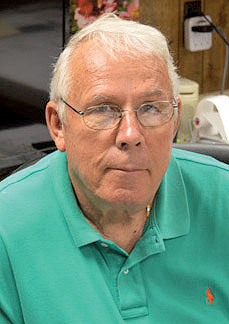Let’s face it – none of us are getting any younger. At least in the HVAC Industry, many owners and managers are either at or beyond retirement age and must prepare the next generation of leadership for their HVAC companies.
By the way – it’s not just that HVAC contractors are retiring or want to. We can partially blame the leadership gap on the pandemic creating a work-from-home ideology where people leave their companies to start home-based businesses. This “movement” is called The Great Resignation, where older millennials and younger Gen X people in prime positions to step into leadership roles – are leaving the HVAC workforce.
So what should you do? We contacted several HVAC company owners to discuss how they are working to develop the next generation of leaders, where they are in that process, and why they think it’s so important.
The Idea of Shared Vision
Having a shared vision is something that many consultants say is vital for a family business to continue from one generation to the next. According to Steven P. Miller of Family Enterprise Center, UNC Kenan-Flagler Business School, Chapel Hill, NC, “Lack of a shared vision for the family enterprise and weak next-generation leadership are often cited as two of the leading reasons for the failure of family firms to successfully transition from one generation of family ownership to the next.”
In an article posted on the Frontiers in Psychology website, Miller says that developing next-generation leadership in a family business also requires having the right family climate (open communication and shared values).

Jim Brown, of the Jim Brown Company in Mountain Home, AR, is a second-generation owner who has set the stage for his son to take over the business.
“For me,” he says, “our customer base best describes the shared vision. If we are meeting their needs and are servicing their homes well with sound financial practices, the business has a strong chance of moving forward with the next generation.
Open Communications is Important
“This means everyone has to be strong listeners and open communicators.”
Brown adds that leadership starts with loyalty. He says that if a person doesn’t want to be involved in the long haul, they aren’t a qualified candidate for leadership. In his opinion, leaders need to understand the tasks necessary for success, need to perform those tasks, and need to have a desire to go beyond them.
“I am talking about work ethic here,” he adds. “If they don’t have that, they won’t have anything else. Oh, and by the way – none of these attributes are academically teachable. They can be learned by example. The saying that there is no external solution for an internal problem is true in all segments of life. You foster leadership by having a friendly environment with people willing to help one another.”
Click Below for the Next Page:













Recent Comments